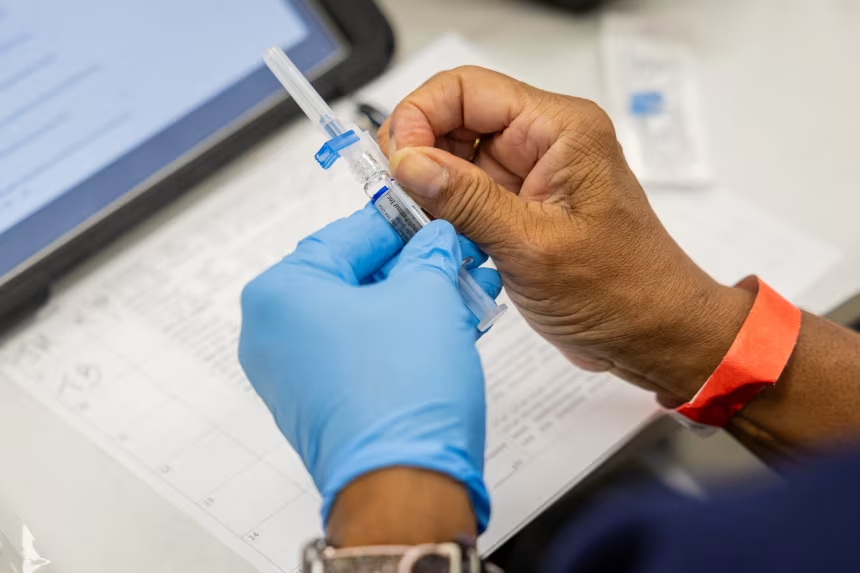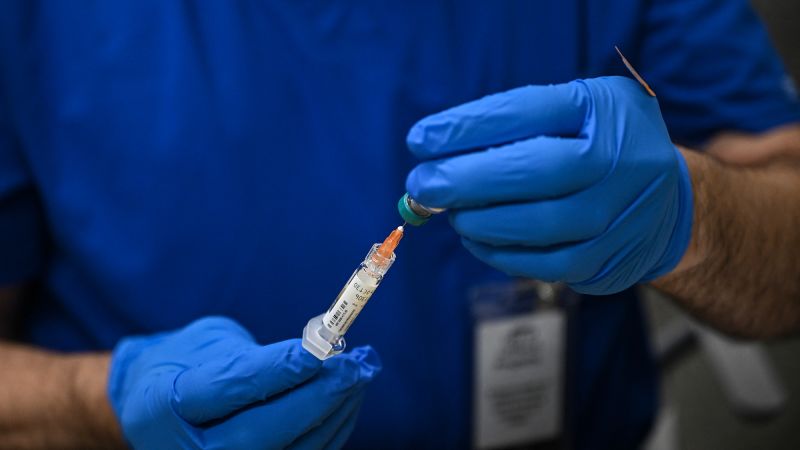
New Report Links Autism to Over-the-Counter Pain Reliever Use During Pregnancy
Opinion | 9/5/2025
An impending report by the US Department of Health and Human Services is poised to establish a linkage between autism in children and a widely used over-the-counter pain reliever, as reported by the Wall Street Journal. The report is anticipated to underscore the significance of folate deficiency during pregnancy in relation to autism development. The forthcoming findings are expected to shed light on potential strategies for mitigating autism symptoms, with a particular focus on the role of folic acid supplementation.
The report, set to be released by the US Department of Health and Human Services, is projected to provide crucial insights into the factors contributing to autism spectrum disorder. Specifically, the anticipated findings suggest a correlation between the use of a common pain reliever and the incidence of autism in children. Additionally, the report is likely to emphasize the importance of adequate folate levels during pregnancy as a protective factor against autism.
According to sources familiar with the matter, the forthcoming report is expected to spark discussions and debates within the medical and scientific communities regarding the implications of the identified associations between certain environmental factors and the risk of autism. The potential link between the use of a prevalent pain reliever and autism development, as well as the protective effects of folic acid supplementation, are poised to prompt further research and exploration into effective preventive measures.
Experts in the field of pediatric health and autism spectrum disorders are eagerly awaiting the release of the upcoming report, anticipating that it will offer valuable insights into the complex interplay between environmental influences and neurodevelopmental conditions. The anticipated findings are likely to fuel ongoing efforts to enhance prenatal care guidelines and public health initiatives aimed at reducing the prevalence and impact of autism spectrum disorder in children.


